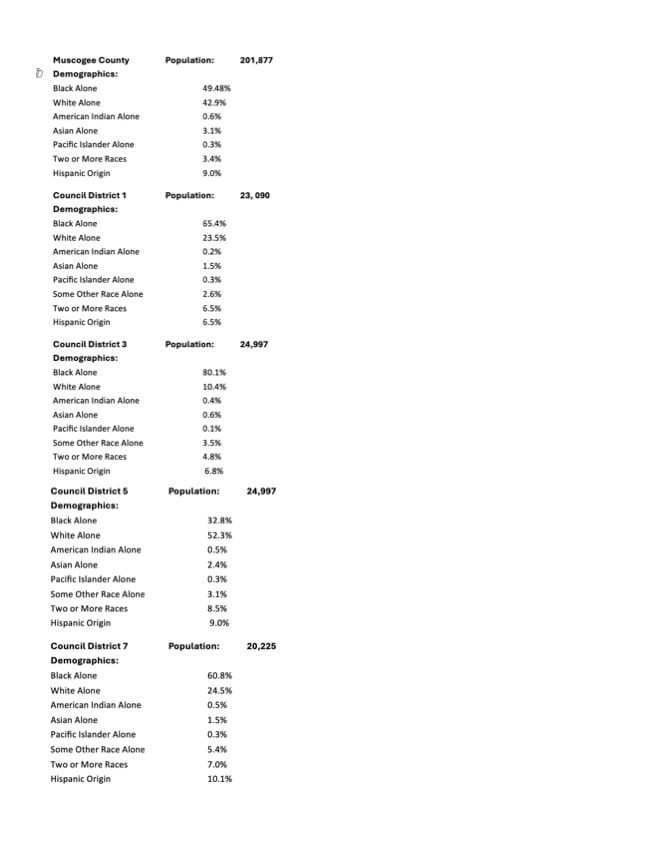State Rep. Teddy Reese Announces Bid for Georgia Senate Seat Being Vacated by Ed Harbison
Teddy Reese has announced his intention to run for the Georgia State Senate seat being vacated by longtime lawmaker Ed

The 2026 election cycle may mark a seismic shift in political power in Columbus city government, as half of the City Council—along with the mayor’s office—is up for grabs.
Voters will decide the future of Districts 1, 3, 5, 7, the District 9 at-large seat and the next Mayor of Columbus, Georgia. Two of those seats—District 1, currently held by Byron Hickey, and District 9 at-large, held by John Anker—are expected to be open contests. Both councilors were appointed to serve the remainder of unexpired terms for the late Jerry “Pops” Barnes and the late Judy Thomas, respectively.
While not a formal rule, it is a longstanding expectation within the council that appointed members will not seek election, to avoid the perception of an unfair advantage as unelected incumbents.
The upcoming election presents a rare opportunity for Columbus residents to elect a city council that more accurately reflects the racial, ethnic, and cultural diversity of Muscogee County.
“Representation matters at every level of government,” said a community advocate. “This is our chance to build a council that mirrors the lived experiences and values of the people it serves.”
According to census data, Muscogee County’s population is approximately 49.48% Black, 42.9% White, 9% Hispanic or Latino, and 3.1% Asian. However, that diversity has not consistently translated into equitable representation in local leadership.
To shift that dynamic, community leaders are calling for a strategic and sustained effort to engage voters and prepare new leaders to step into the political arena.
Raising awareness about the implications of local elections—on everything from neighborhood safety and economic development to school funding and infrastructure—is a critical first step. Organizers are encouraging residents to discuss how local government impacts their daily lives and to become active participants in shaping those outcomes.
Efforts are also underway to increase voter registration and turnout. Strategies include partnering with community organizations, hosting educational forums, and offering transportation to the polls. Advocates stress that technology and social media platforms should be used to engage younger voters and amplify messaging in underrepresented communities.
Additionally, residents are being urged to identify and develop leaders within their own neighborhoods who are willing to run for office. True representation, they say, means electing candidates who understand and share the struggles and aspirations of the communities they serve.
“Electing someone who looks like us is not enough,” one organizer said. “We need leaders who fight for us, who know what it means to live in our shoes, and who will work to bring lasting change.”
As the 2026 election approaches, the message from community leaders is clear: The time to act is now. Through education, engagement, and empowerment, Muscogee County voters have a unique opportunity to reshape the political landscape and ensure their voices are heard at every level of decision-making.
Here is a breakdown of each district’s demographics. A look at current community engagement efforts will be published in a follow-up report.

For more information on your voter registration status, visit https://mvp.sos.ga.gov/s/.